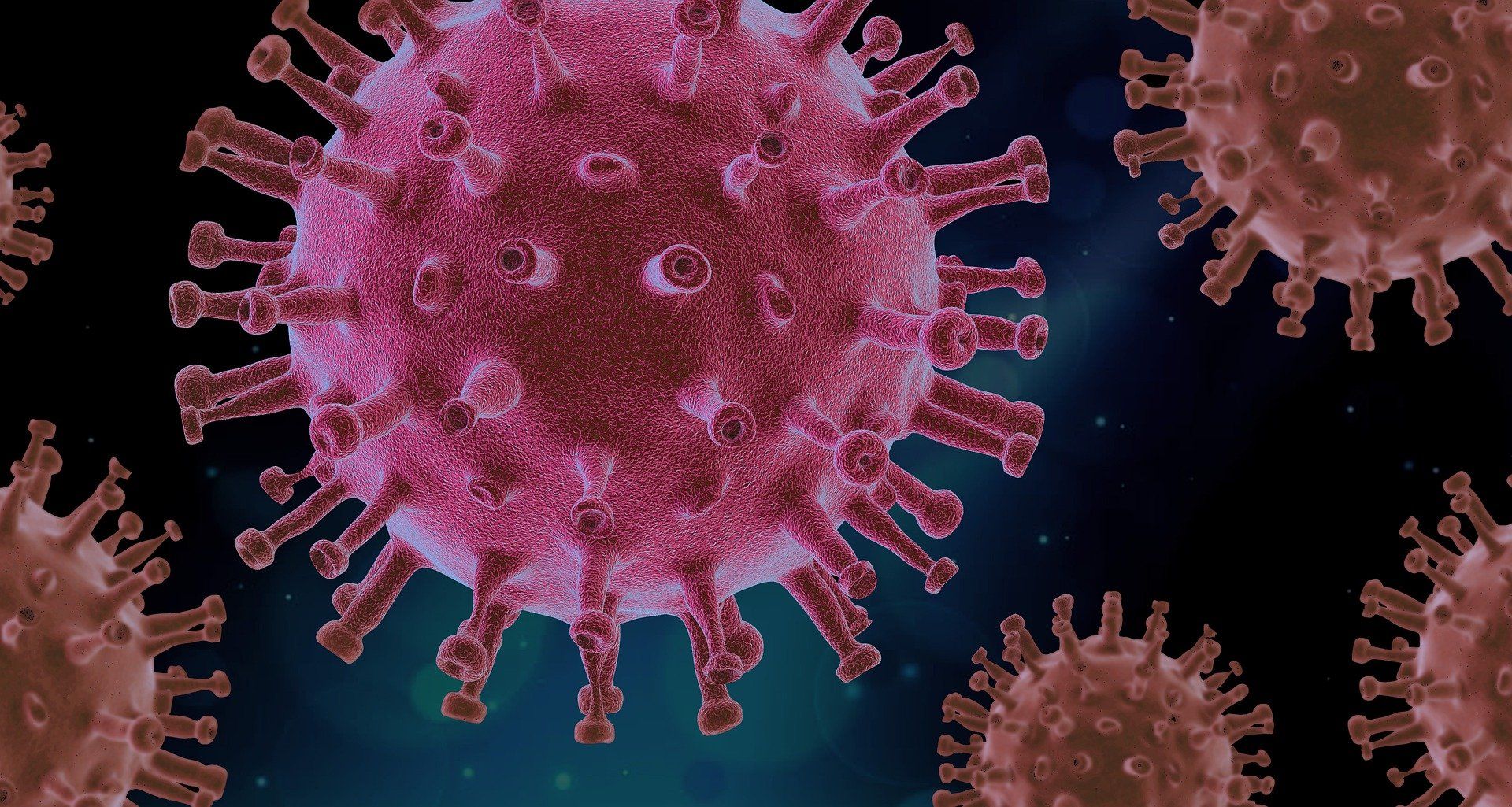Indian scientists have developed a new technology platform for detecting SARS-CoV-2 by means of measuring fluorescent light emitted by viruses, the Press Information Bureau (PIB) of the Government of India said on Tuesday.
The technology platform was jointly developed by scientists from the Jawaharlal Nehru Centre for Advanced Scientific Research (JNCASR), an autonomous research institute under the Department of Science & Technology, along with scientists from the Indian Institute of Science (IISc), Bengaluru.
Also read | Children can carry omicron COVID strain without health consequences: study
As per the PIB’s release, the scientists, “have demonstrated a noncanonical nucleic acid-based G-quadruplex (GQ) topology targeted reliable conformational polymorphism (GQ-RCP) platform to diagnose COVID-19 clinical samples.”
The PIB release also said that while RT-q-PCR tests have been the “gold standard” for the detection of SARS-CoV-2 that causes COVID-19, “false-positive results” are well documented, and the new technology platform seeks to correct that by taking a novel approach.
“Unlike the other reliable diagnostic assays where the existing fundamental concepts have been repurposed, this work presents a completely novel strategy to target a unique, unconventional structure specific to the SARS-CoV-2 sequence using small molecule fluorophores (microscopic molecules),” read the press release.
“Thus this study demonstrates a reliable strategy for fluorogenic organic molecule-based GQ-RCP platform to diagnose Covid-19 clinical samples and is the first practical demonstration of it,” the PIB added.
Thimmaiah Govindaraju and Sumon Pratihar from JNCASR, along with Ragini Agarwal, Virender Kumar Pal, and Amit Singh of the IISc developed the technology platform.
Also read | Chinese scientists say new COVID-19 test gives results within four minutes
In addition to detecting SARS-CoV-2, the platform can be repurposed to detect other DNA/RNA pathogens such as HIV, influenza, HCV, Zika, Ebola, and many more.
“We have demonstrated rational tailoring of molecular probes to achieve unambiguous target recognition and increase the reliability of detection, at a shorter time without requirement of expensive RT-q-PCR instrument. This RCP-based platform is very general and can be easily adopted for the detection of various DNA/RNA based pathogens including bacteria and viruses such as HIV, Influenza, HCV, etc.,” said corresponding author T Govindaraju.
The work of the scientists has been published in the prestigious ‘ACS Sensors’ scientific journal, and the scientists have also applied for a patent for their new technology.







